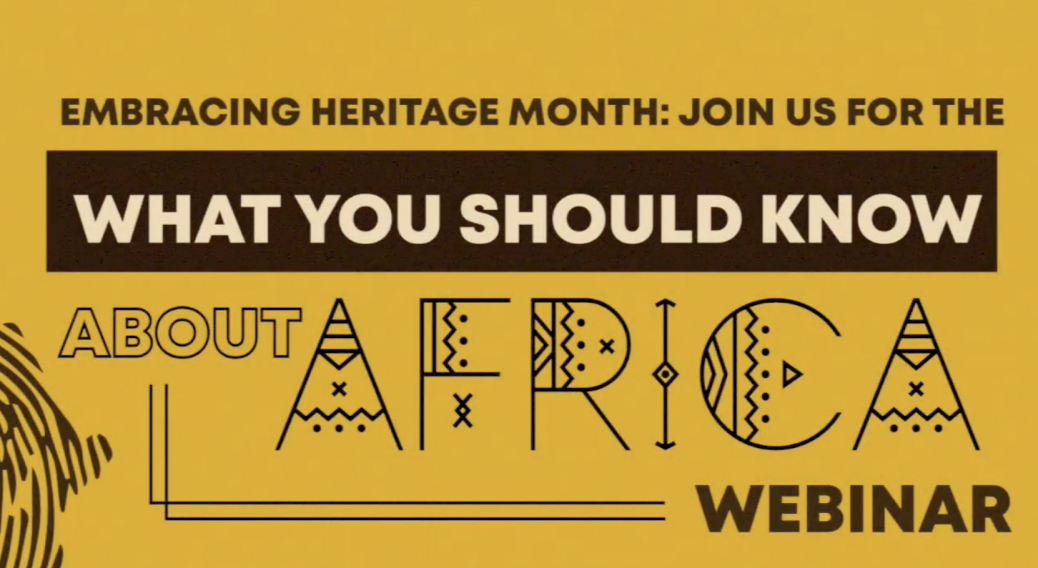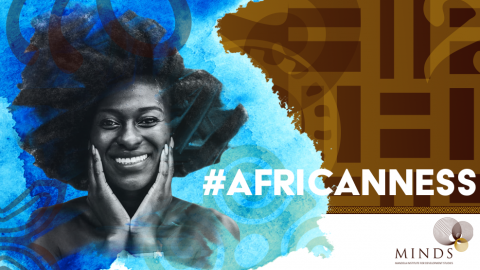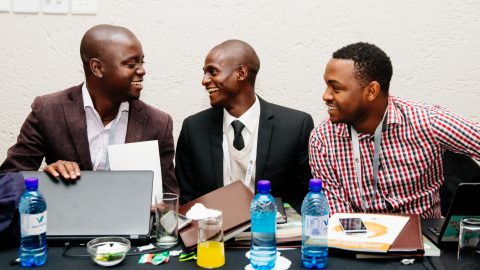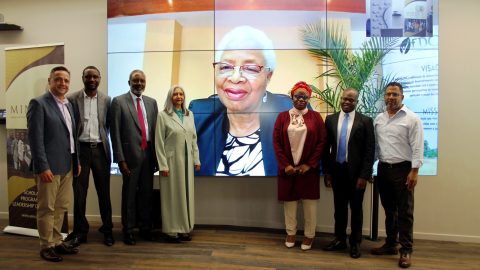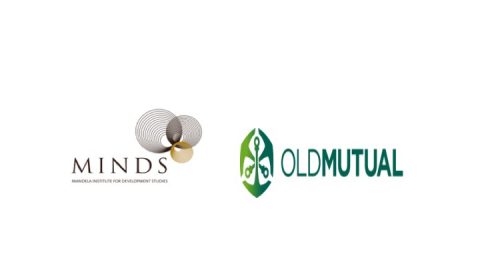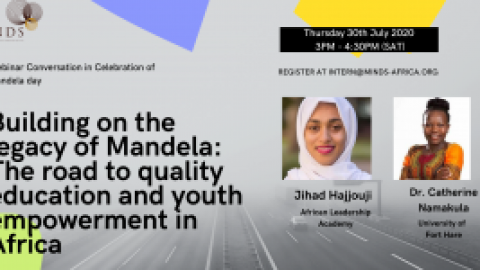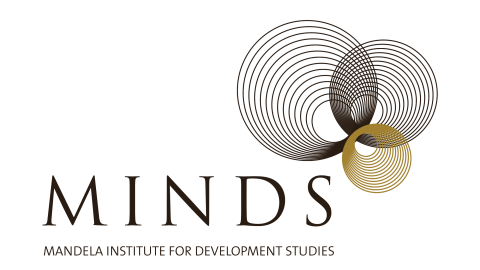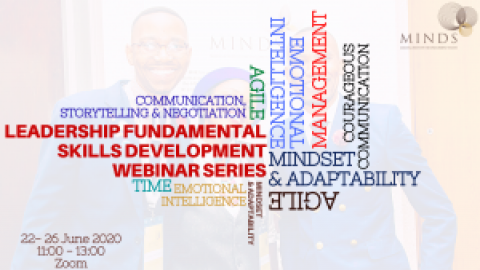If Africans want to reconnect to their heritage, they need to associate it with elements of their culture that bring them pride.
This is according to Dr Nkosana Moyo, Founder of the Mandela Institute of Development Studies (MINDS).
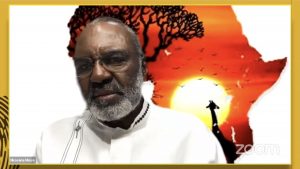
MINDS founder Dr Nkosana Moyo says Africans need to take pride in their heritage and culture
“[We need to] create credibility for ourselves and our children, today in particular, into the future for us to then get comfortable reclaiming who we are,” he says.
Dr Moyo spoke as a panellist at a webinar held in late September organised by AUDA-NEPAD, MINDS, the Wits University Centre on African Philanthropy and Social Investment, and Hadithi Africa, titled: ‘Embracing Heritage Month: What You Should Know About Africa’.
Fellow panellists included Mr Francis Daniels, Director of Anibok Investment Research Chambers, Dr Ibrahim Mayaki, CEO of the African Union Development Agency-NEPAD and Prof Sunday O. Ojo, Executive Director of the Inclusive African Indigenous Language Technology Institute.
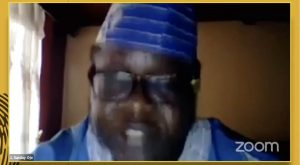
Prof Sunday O. Ojo, Executive Director of the Inclusive African Indigenous Language Technology Institute says Africa is rich in language and culture
South Africa commemorates Heritage Day throughout September to encourage social cohesion while celebrating its diversity as a nation with 11 official languages.
Africa has over 2000 distinct languages. Prof Ojo notes that Africa is rich linguistically and culturally.
“We are just barely 15% of the world’s population but we are taking custody of nearly one-third of the world’s languages,” he says.
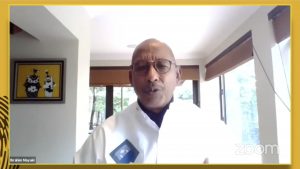
Dr Ibrahim Mayaki, CEO of the African Union Development Agency-NEPAD says language shapes how way people think
However, while rich in diversity and culture, Africa needs to be more cognizant of this wealth. Dr Mayaki highlights that even after more than 60 years of self-determination, there is still a large number of African countries that struggle with universal access to primary school education, delivered in local languages.
“This is one of the most scandalous issues that we are facing because it’s like we are negating our languages,” he says.
Prof Ojo explains Africaness is “losing steam” among African youth, adding that millions of young people from the continent were born in the diaspora, losing touch with their languages and culture.
According to the World Literacy Foundation, language is “much more than a device for communication”. In fact, it not only shapes a person’s heritage but carries with it cultural significance, ancestral memories, unique knowledge, and traditions.
“Language has a direct form of imprinting the way you think and it allows you to have an integrity coherence and then authenticity,” Dr Mayaki notes.
Another issue that Dr Moyo highlights in the discussion is the lack of recognition given and attention accorded to African institutions such as health and education.
“We’ve taken our institutions of education and made them so inferior that all who can afford it and aspire to a good education will not go to our institutions.
“Similarly as far as health is concerned, we’ve taken our health institutions and made them so basic and so unattractive,” he says.
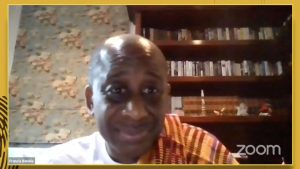
Mr Francis Daniels, Director of Anibok Investment Research Chambers says governance is derived from people’s culture and values
Mr Daniels suggests that it would be beneficial for Africa to focus its assets, particularly within health and education.
“Governance is derived ultimately from the heritage and values of people and if that is not recognised, the kind of constitutions which can be created will not have durability.”
Watch the full discussion here.

